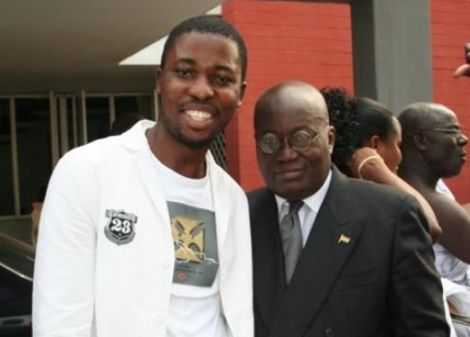In a recent statement, Peter Mac Manu, the former national chairman of the New Patriotic Party (NPP), raised concerns about the current delegate system, suggesting it could be a major factor in the party’s future electoral performance.
His comments shed light on a growing disconnect between party delegates and ordinary voters, which could potentially undermine the unity and cohesion needed for a strong showing in upcoming elections.
Mac Manu highlighted the controversial practice of distributing money to polling station executives, who serve as delegates in the election of presidential and parliamentary candidates.
“The polling station executives who constitute the delegates to elect a presidential and parliamentary candidate were giving money,” he said.
This distribution of funds, according to Mac Manu, has a ripple effect on the broader voter base.
He further explained, “The monies you give them, they go and display it to the ordinary voters, and the ordinary voters realise that, ‘Herh, so we in general elections, we go and vote; you don’t appreciate us and these delegates are given this kind of treatment.’”
This disparity, he noted, breeds discontent among regular party supporters who feel their contributions are undervalued in comparison to the special treatment given to delegates.
For many grassroots party members, Mac Manu’s observations strike a nerve. “The polling station executives who constitute the delegates work hard anyway,” he acknowledged, “but they kind of don’t work that much as is expected of them.”
The imbalance in expectations—where delegates are often seen receiving rewards far greater than the work they do—fosters a sense of injustice and alienation.
The former national chairman also pointed out the detrimental impact this imbalance has on the party’s relationship with its core supporters. “So the grassroots, where the party or where the voters are, there comes a disconnect, and the voters feel that these people have cheated them,” he added.
This disconnect could erode the trust and loyalty of the electorate, which is crucial for maintaining a strong voter base, particularly in the crucial run-up to general elections.
Mac Manu’s critique isn’t just about the distribution of money to delegates; it also reflects the deeper issues of fairness and recognition within the party structure.
“Because, at the end of the day, in the general elections, we are all going to cast a ballot as against them electing a candidate, be it presidential or parliamentary or even constituency chairman, and taking huge sums of money,” he explained.
This disparity in treatment, he argued, risks creating division and resentment between the party’s elite and its grassroots supporters.
In light of these concerns, Mac Manu called for a review of the delegate system. He believes that addressing these issues will ensure the party remains united and that all members feel fairly treated.
“So those are areas that the party will also have to look at such that our core members will not feel that they have not been treated well,” he stated, emphasizing the need for reform.



